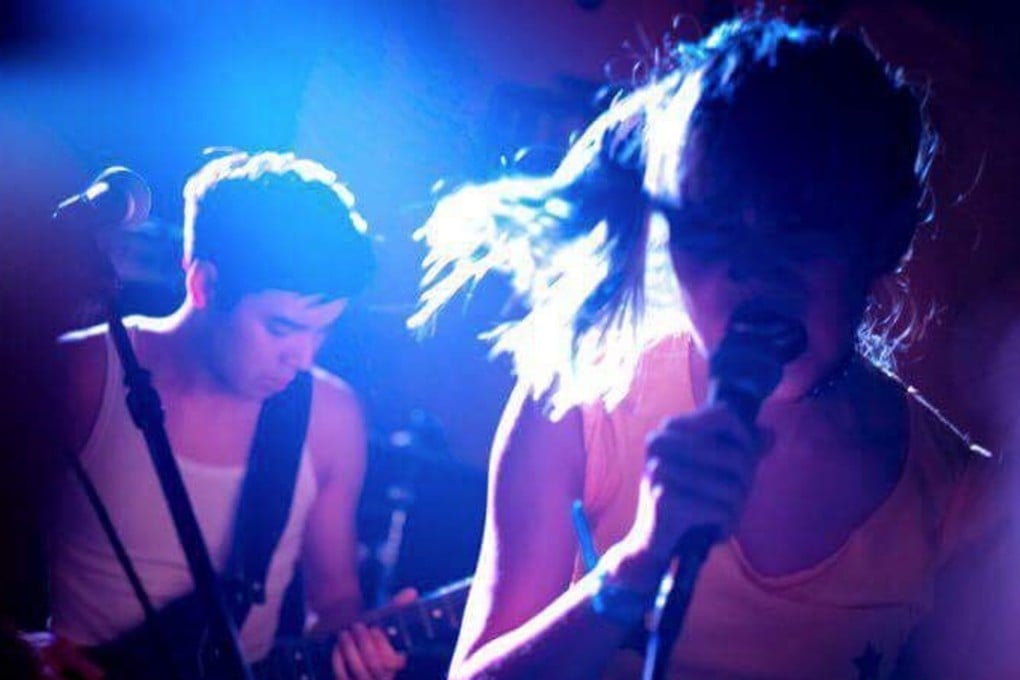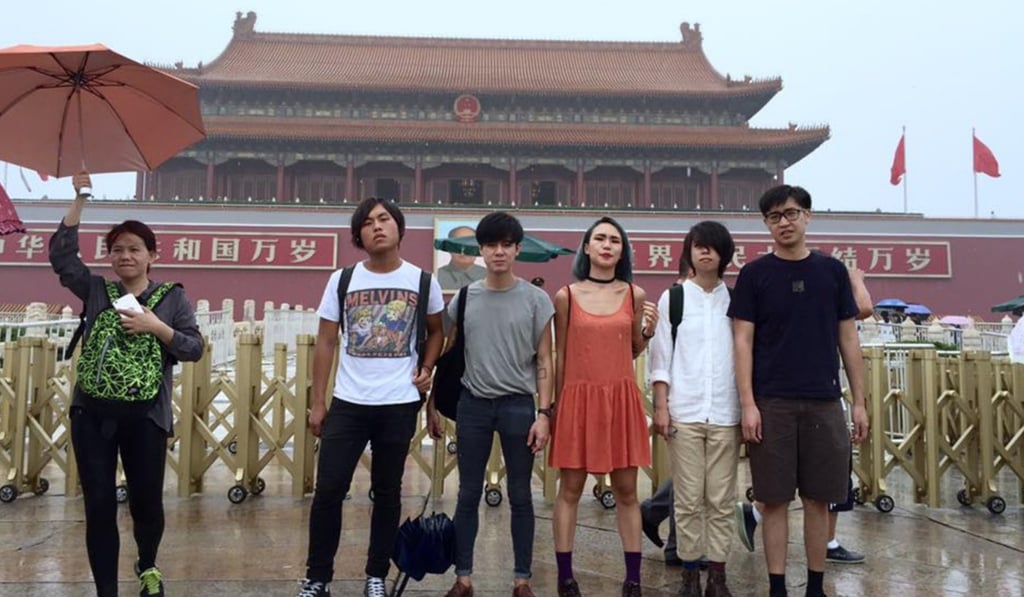The angry sound from Hong Kong’s underground: the post-punk power of David Boring
We talk to David Boring’s singer and guitarist about political disappointment, using anger as an energy, and the difference between playing to a small room and a festival crowd such as their upcoming Clockenflap gig

David Boring are a band who take their name from a cult graphic novel series from the 2000s, derive inspiration from No Wave, a genre of music made (briefly) in New York in the late 1970s, and are powered by the simmering anger and tensions of Hong Kong since 2014.
The five-piece band are fronted by lead singer Janice Lau and guitarist Jason Cheung, whose professional backgrounds in architecture and medicine hardly fit the stereotype of the social misfits associated with the music they love. When they hit the stage on the Saturday afternoon at Clockenflap, the crowd is not going to get an easy-listening set of boy-girl relationship songs.
Liam Howlett of The Prodigy on ‘fake controversy’, the band’s fired-up frontman Flint and new ‘old’ album ahead of Clockenflap
“People usually look at us and think ‘that’s punk’ because there’s a lot of energy, and it’s dark and destructive. But it’s not punk. I don’t see any of us as punk. It’s about the tension,” says Janice Lau. “If something’s been put under tension for so long and you’ve been suppressed for so long there has to be a point where you explode and it’s that sort of explosion we’re describing, rather than just blind anger. It’s a very aggressive form of nihilism, if that makes sense.”
The music is a multilayered aural assault of guitars and drums, presided over by Janice Lau’s half sung, half screamed vocals entwined with Cheung’s backing. Her style has invoked comparisons from some overseas critics with the late Poly Styrene from the ’70s British punk band X-Ray Spex. Their song titles often surf the interface between Cantonese and English, while the content of the songs harvest the frustrations of young people in the years since the Occupy protests of 2014.
“I think it’s a combination of the political background, the nihilism of people of our generation, being in Hong Kong, working our jobs and being in the indie scene, it’s a combination of all of that,” she says of the band’s energy and approach.
I think we’re kind of rebelling against what everyone’s doing in Hong Kong
“I think our album has showcased quite different angles and a spectrum – from total nihilism to more aggressive and active anger – we are finding different colours and different moods, but ultimately we are all looking towards the same thing,” says Cheung.
